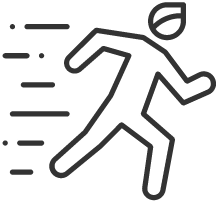Your Cart is Empty
MASSAGE GUNS
Recovapro
COMPRESSION THERAPY
Recovapro Air
VIBRATION THERAPY
RecovaBall
Shop All
Not sure which product is right for you? COMPARE PRODUCTS
Compression Therapy
Accessories
More Products
Vibrating Device
Not sure which product is right for you? COMPARE PRODUCTS
MASSAGE GUNS
Recovapro
COMPRESSION THERAPY
Recovapro Air
VIBRATION THERAPY
RecovaBall
Shop All
<
RecovaproNot sure which product is right for you? COMPARE PRODUCTS
<
Recovapro Air<
RecovaBallNot sure which product is right for you? COMPARE PRODUCTS






















